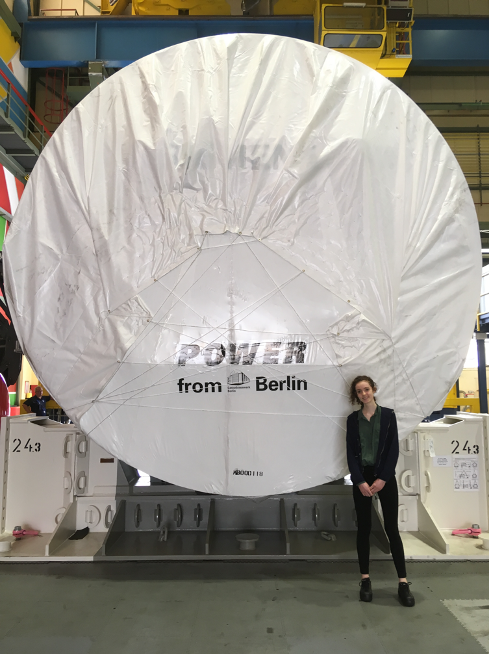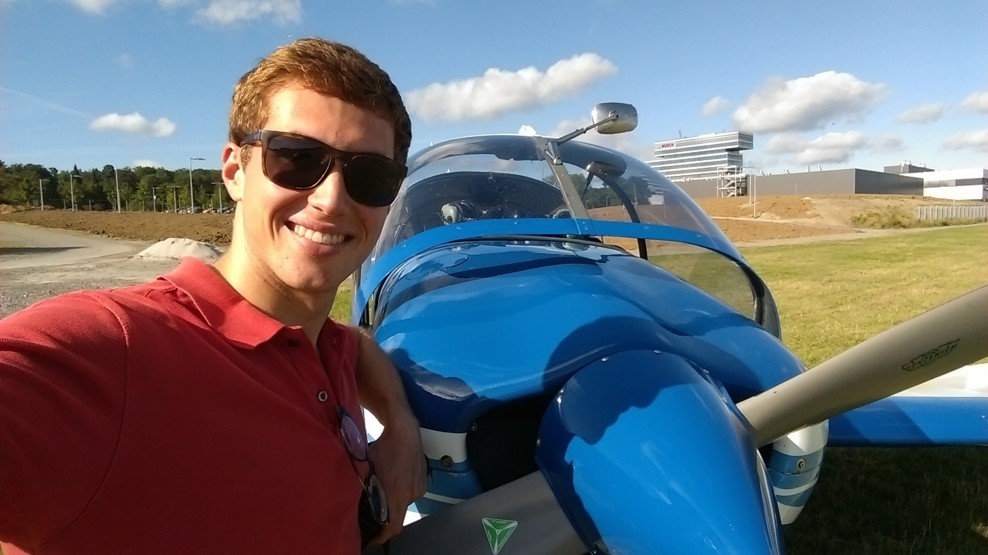I was stationed in the Power Sector, which, as the name states, focuses on large scale power generation, specifically turbine technology. The campus that I was stationed at was unique in that manufacturing and engineering were located in the same place, so the turbines were being produced mere feet away from the people designing them.
Upon arriving at Siemens, I was first given the task of learning as much as I could about the turbines themselves. My technical background and MIT studying skills enabled me to gain a greater understanding of the intricate machinery that goes into making these turbines. After several days of acclimating, I was given my project. While I can vaguely explain, the technology that I was tasked with investigating and developing a manufacturing and business plan for is patented and very new to the power industry, so I had to sign several non-disclosure agreements in order to receive this task in the first place. However, I can say that my task required me to examine the problem from the perspective of an engineer, a manufacturing lead and the administration, which was at times difficult, as these perspectives often drastically diverge from one another and finding a reconciliation between them is thus difficult.
Since I am a freshman, this internship was my first ever interaction with the engineering workplace. While I had done shorter internships at engineering firms in high school, I was never chosen to take on real life tasks that would impact the future of a project, which was the case in my internship this summer. Since my project dealt with prototyping, this is definitely something that I will bring back with me to MIT and use in the future. I was also able to pick up valuable skills in engineering project management, and the sheer number of people that need to be involved in aspects of a project just to get something done. My internship has reinforced my interest in mechanical engineering and project management, with a specific focus on energy, so I will continue to pursue this path in the future.



